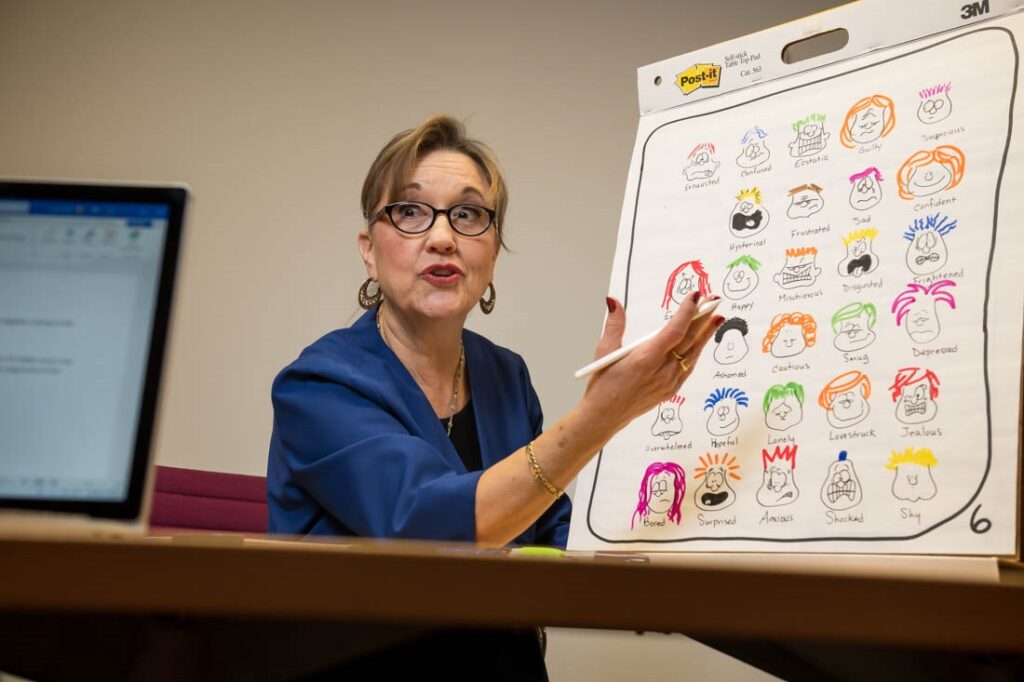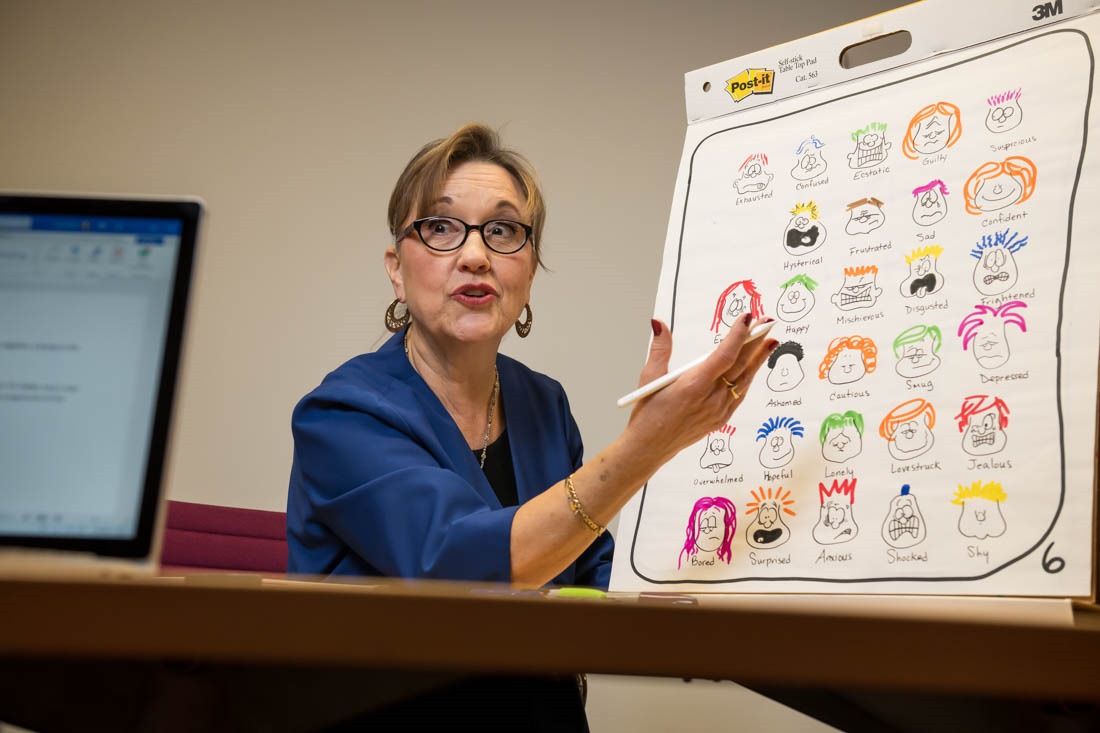
It happened again…
…and it only took until March!
Reflecting on my 20 plus years of coaching co-teaching teams, I’ve recognized a pivotal trend: the trans-formative power of ongoing, long-term, collaborative coaching for co-teaching pairs.
Today was another reminder. I was working with an elementary school. I spent the day observing co-teaching pairs and debriefing with them afterwards. It’s March, and I saw the best co-teaching today that I’ve seen since September. Co-teaching implementation almost always shifts from the One Teach, One Assist model to more effective implementations by March when co-teaching teams have ongoing coaching.
Schools often approach me to deliver comprehensive presentations on co-teaching, usually lasting a day or two. These training sessions are packed with content, strategies, and collaborative insights. Following these, I’m typically asked to engage directly with co-teaching pairs and provide them with personalized coaching. Initial requests usually involve having me observe a class and then offering a single coaching session, post-presentation, aiming to reach as many teachers as possible.
One visit is rarely enough
However, I’ve consistently observed that this one-off coaching approach rarely leads to tangible, lasting improvements. It’s akin to those one-day workshops that offer no subsequent support – both are insufficient for fostering genuine change.
Schools often end up disappointed, witnessing their educators struggling to fully adopt and implement co-teaching implementations. They mistakenly conclude that co-teaching and coaching are ineffective. They don’t realizing that the real issue lies in the lack of continuous support.
In my early years as a consultant, I would accommodate a school’s request to have me observe and coach different teams every time I arrived in their district. I was so disheartened when, at the end of a year of coaching, I realized that the majority of the teams I worked with had made no progress. However, when there are teams, in those same school districts, whom I coached every time I visited, I saw growth. Often, this happened because those co-teaching teams demanded that they see me every time. They told their administrators that if they were going to co-teach they expected me to be there to support them. Because of these outspoken teachers, I have seen the difference ongoing, long-term coaching makes in comparison to one-off coaching.
A new approach to promote success
Several years ago, I began informing schools that I wouldn’t coach teams “only once” over the course of the school year. I explained my reasons, sharing that it didn’t feel right to accept their money knowing that the approach they requested would fail to result in the change they sought. This decision might have cost me some coaching jobs, but I could not, in good conscience, do something I knew wouldn’t deliver the results the schools wanted. I prioritize delivering real value to my clients, supporting teachers, and ensuring all students, especially those struggling, receive the support they need.
From my perspective, the key to success in co-teaching lies in sustained, ongoing coaching and support, particularly when schools select co-teaching pairs who are both willing and in need of guidance.
Focus on those who are willing
Instead of focusing on the most resistant pairs, targeting the more receptive teams for regular coaching – ideally monthly or at least every six weeks throughout the academic year – can lead to significant progress. It’s a process, and sometimes it’s not until March that we start to see the fruits of our labor. It takes that long for co-teaching pairs to truly embrace a range of strategies, improve their collaboration, and begin to deliver more effective instruction to support student growth.
This journey has reinforced my belief in the critical importance of ongoing, embedded coaching. It’s about more than just a single touchpoint; it’s about building a foundation of trust, continual learning, and adaptation. Schools should prioritize depth over breadth to ensure that each co-teaching pair receives the focused, consistent support they need to evolve and succeed.
This commitment can transform the educational experience, foster a collaborative environment where teachers grow together, enhance their effectiveness and, ultimately, enrich the learning experiences of their students.
 Explore even more tips, tools, and resources for collaboration at TheHowofCo-teaching.com!
Explore even more tips, tools, and resources for collaboration at TheHowofCo-teaching.com!

